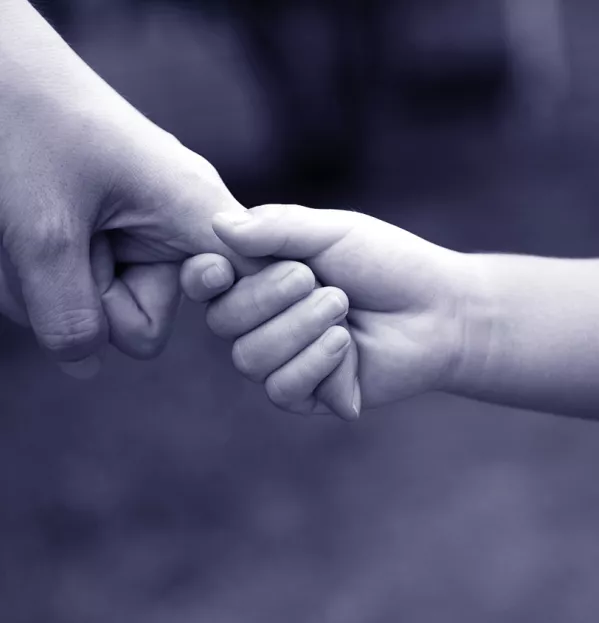It is the first of our senses to develop and remains emotionally, behaviourally and cognitively central to us forever. But touch is complex and complicated in personal life, in society and especially in schools. It is, as Professor Francis McGlone, lecturer in neuroscience at Liverpool John Moores University, says, “as important for brain development as the oxygen we breathe”.
Like oxygen, if we are deprived of it, the effects can be catastrophic, as evidenced by the children in Nicolae Ceausescu’s Romanian orphanages.
Research has shown that physical touch can reduce violent behaviour and aid recovery from illness.
It is also important in communication and compliance: a gentle touch while asking someone to do something makes them more likely to do it.
It can soothe, comfort, console, stimulate and arouse. It can be life-affirming and it can be devastating. Its effects stay with us. As John Keats wrote, touch has a memory.
And yet, as a society, we are suspicious of touch. Experience of inappropriate touching and harassment - particularly for women - and stories of sexual abuse have left us mistrustful. But it is not only the fear of being the victim of inappropriate behaviour that is prevalent; the fear of being accused of such behaviour is also strong, and potentially paralysing and damaging.
Moral panic about physical contact
Here’s an example. A few years ago, I was driving along a road near where I live when I spotted a very small child of about two by herself. There was no one else in sight. I stopped, got out, pulled her away from the road and asked her what she was doing. She told me she was going home.
I asked where home was but she was too young to know her address. I was then gripped by panic. What was I to do with her? I couldn’t put her in my car and drive her to the police station or walk her or carry her there because I might be accused of abducting her. Luckily, she wasn’t at all upset, so didn’t need comforting.
So, I stood holding her hand - to prevent her wandering into the road - for about 40 minutes. Eventually, two panic-stricken women appeared. She had escaped from a nearby nursery. I handed her over with relief and went on my way.
Would I have done so if two men had appeared with the same story? No. Should I have asked for proof anyway? Yes. Would a man have felt he could stop and do the same? I really don’t know.
High-profile sex abuse cases and the #MeToo movement have caused moral panics, ones that will affect those working in schools disproportionately.
On an intellectual level, we all recognise the basic human need for touch but, on a practical level, we are frightened of it. For teachers, especially those working with young or vulnerable children, this is even more difficult.
A teacher’s task is to build a relationship with a student and we know all the research says that student-teacher relationships are essential. We all understand that touch is crucial to the formation of those relationships, and yet some schools virtually tie teachers’ hands behind their backs - especially male teachers’.
We can have a clear touch policy that defines boundaries and can make a school community more comfortable with touch. If everyone knows what the “law” is, then everyone can maintain it and any inappropriate touching would be so much more difficult. Such a policy would engender trust.
But is this where we want to be? Can and should relationships be dictated in this way?
In teaching, there is a duty to protect but there is also a duty to care, to be human - of which touch is a crucial component. It is a role that walks a fine line and often has to talk a tough game. It is a role of total professionalism but one that is always, rightly, accompanied by love. We need to cherish that.
@AnnMroz
